
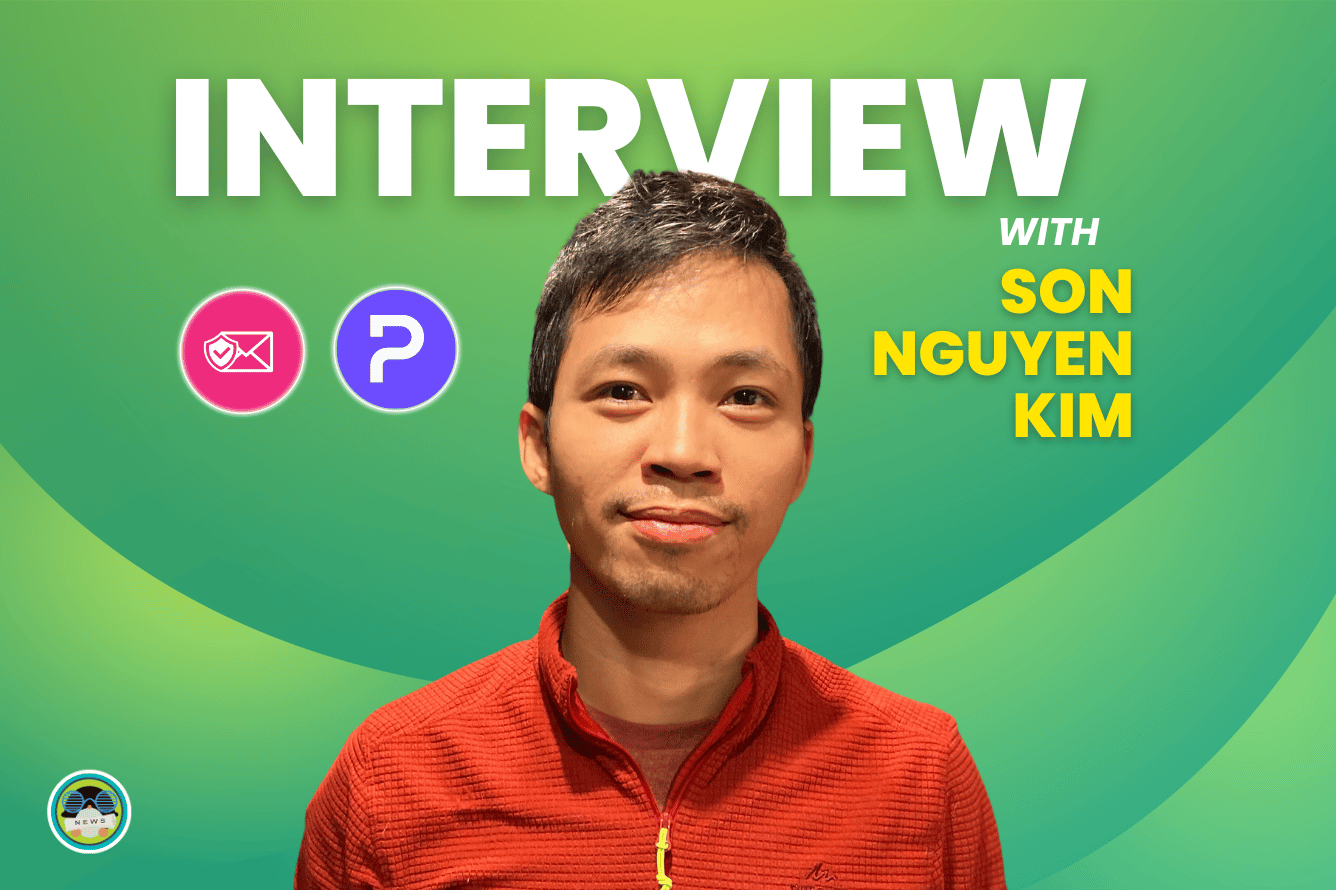
SimpleLogin is one of the best tools to help you hide your real email address using email aliases.
We covered the tool back in 2020, and I was quite impressed with the tool. Later in 2022, SimpleLogin joined Proton, and it was integrated into Proton Mail. And, Son Nguyen Kim is the mastermind behind the tool.
From working on his passion project to joining a Proton to do more. That must be an exciting journey! 🤩
Well, I have been in touch with him for a while, and we've had a couple of good conversations over the years. So, I decided to ask him 💬 a few things about his journey and also any details regarding new features coming to Proton tools.
1. Can you share a bit about your background, and what motivated you to create SimpleLogin.io?
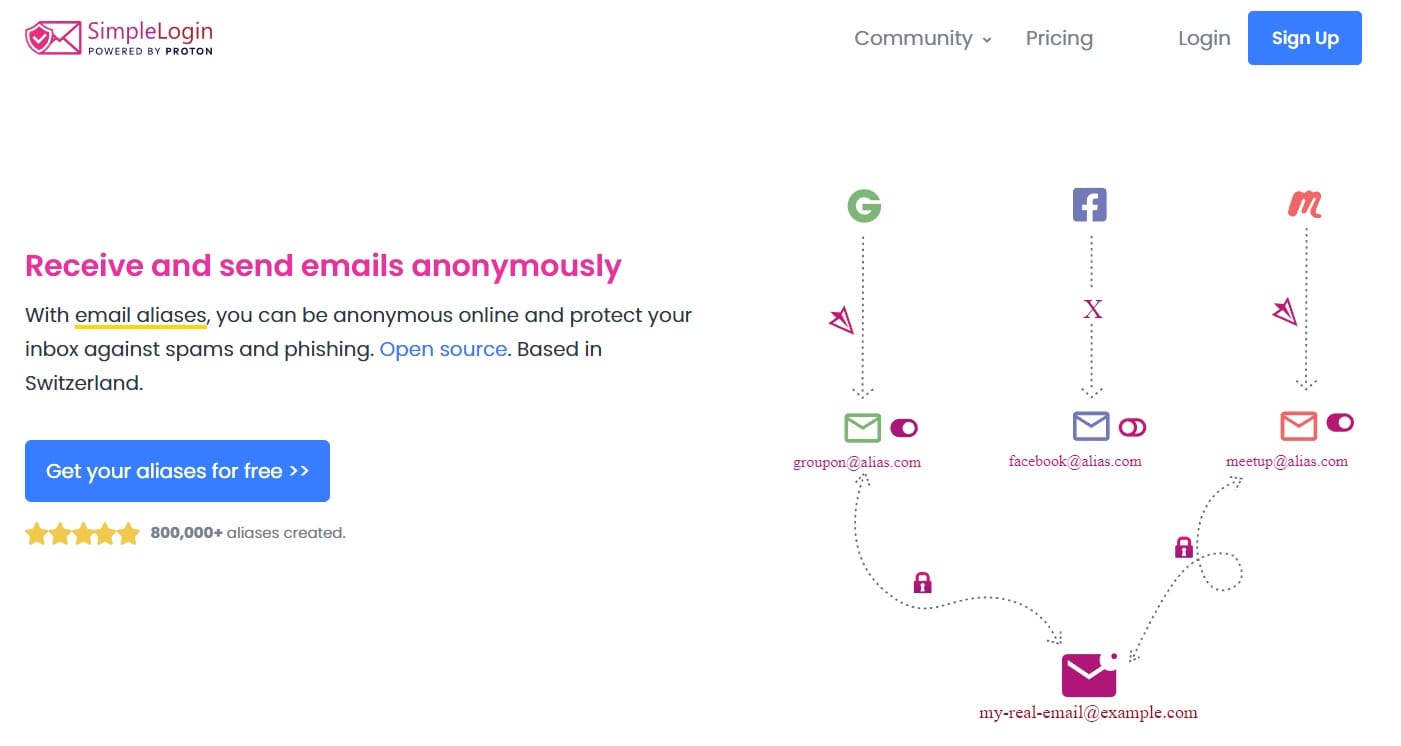
A: I was born in Vietnam and now live in France. I moved to France about 20 years ago to study, and since then, I've primarily worked in software engineering. My first job was at an advertising company, and while I didn't enjoy it, it taught me a lot about how and who tracks us online.
I'm a big fan of inbox zero, but I still receive unwanted emails and newsletters, and there's no way to stop them. I realized that the only solution is to have a different email address for each service so that if one starts sending spam, we can simply deactivate that email address.
When I couldn't find a convenient solution, I created SimpleLogin in 2018.
2. It’s been 2 years since SimpleLogin joined Proton, a company renowned for its commitment to privacy. How has been your experience working with them?
A: Proton and SimpleLogin share a similar culture, both striving to create privacy-focused yet user-friendly products. Joining Proton has been a smooth transition for me.
However, Proton is a much larger company, so it took some time to learn how everything operates. On the plus side, Proton has experts in almost every area—design, customer support, marketing, etc.—who are always willing to help. This is a significant change from SimpleLogin, which was a much smaller company.
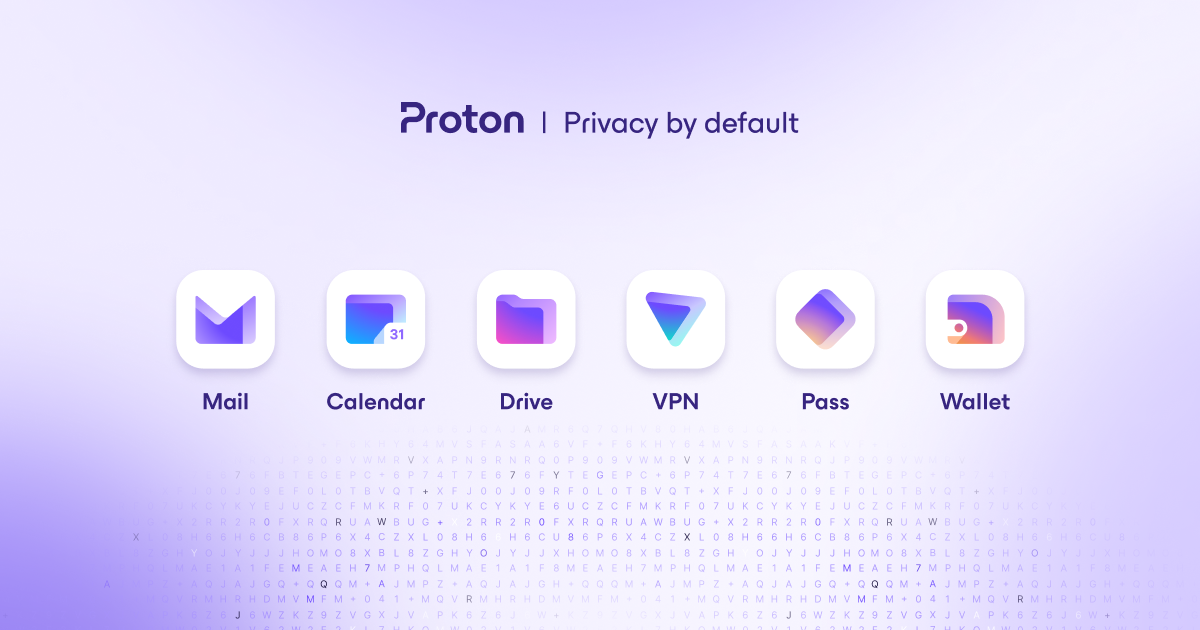
Partner Link
3. As one of the minds working behind Proton Pass, could you tell us what users can expect from this password manager and how it sets itself apart in the market?
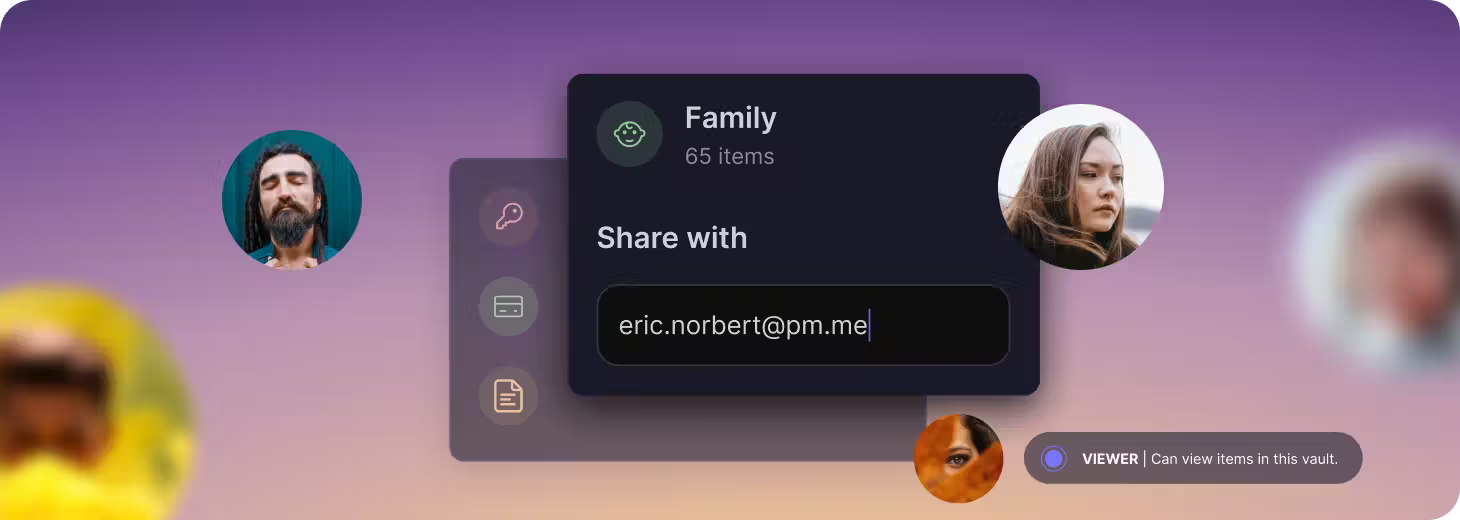
A: Proton Pass was created shortly after I joined Proton. I believe that having strong passwords alone isn't enough; having unique usernames (often email addresses) enhances both security and privacy. Additionally, I think most standalone password managers aren't user-friendly enough, leading people to stick with the default options in their browsers—mainly Chrome—thus becoming more locked into the Google ecosystem.
Proton Pass v1 came with email aliases and focused on the user experience. Since v1, we've released several important updates, including support for passkeys, vault sharing, web and Windows apps, Pass Monitor, and more.
In the coming months, we plan to release some highly requested features from the community, like a Safari extension, identities, support for usernames, and other improvements currently in progress.

Partner Link
4. Managing both personal and professional commitments can be challenging. How do you maintain a healthy work-life balance while juggling your responsibilities at Proton?
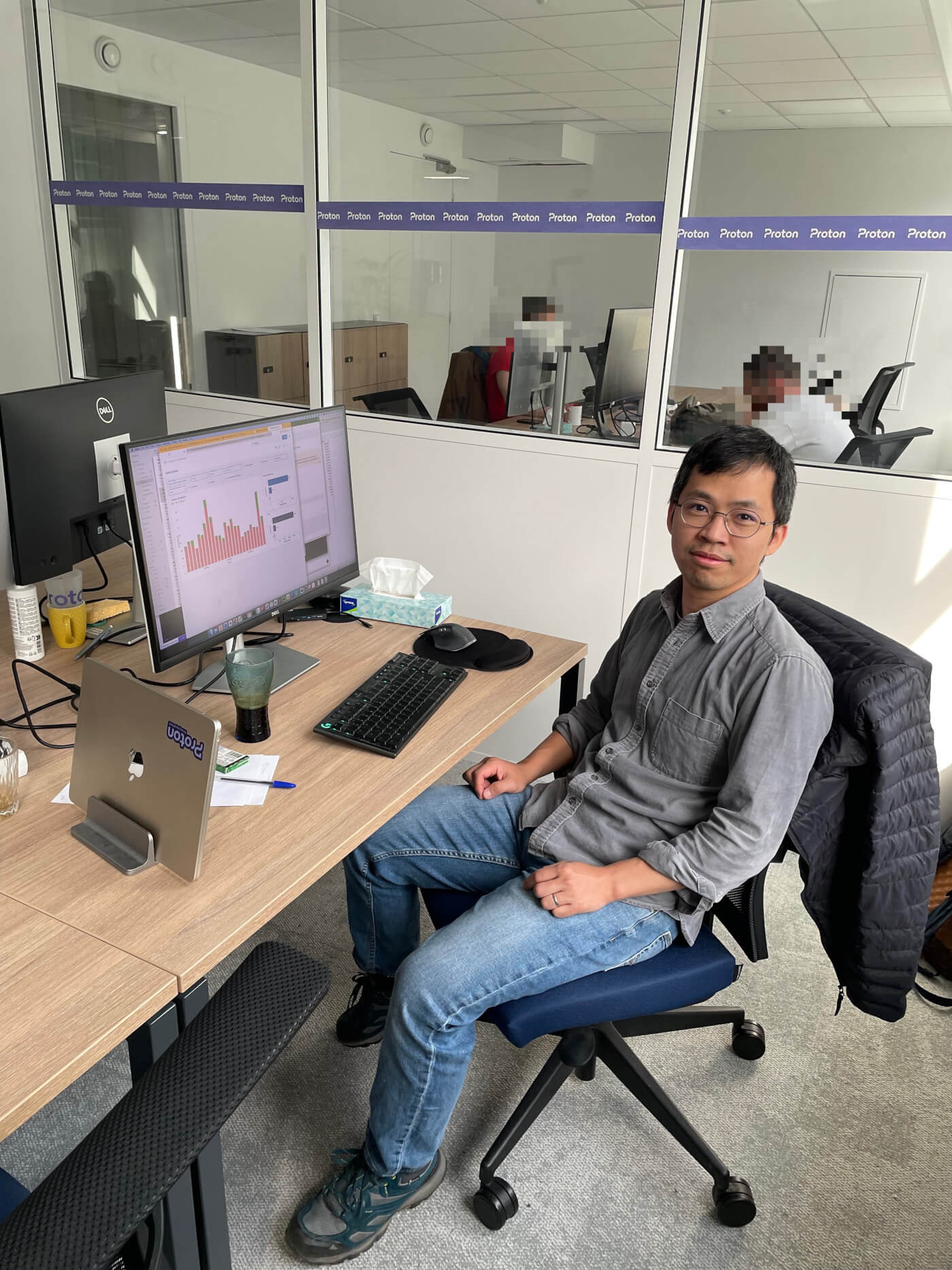
A: I'm grateful to have the full support of my family. I also consider myself lucky to work on things I enjoy and use every day. I don't make a strong effort to separate my professional and personal life, but I recognize that this approach can be intense sometimes and may not be suitable for everyone.
5. What do you find yourself doing in your spare time?
A: Whenever I have free time, I spend it with my family and play with my kids. I'm also a football fan and try to play at least once a week.
Unfortunately, my favorite club, Manchester United, is struggling at the moment, but I hope they'll return to their glory days soon.
6. What are some of your favorite open-source tools?
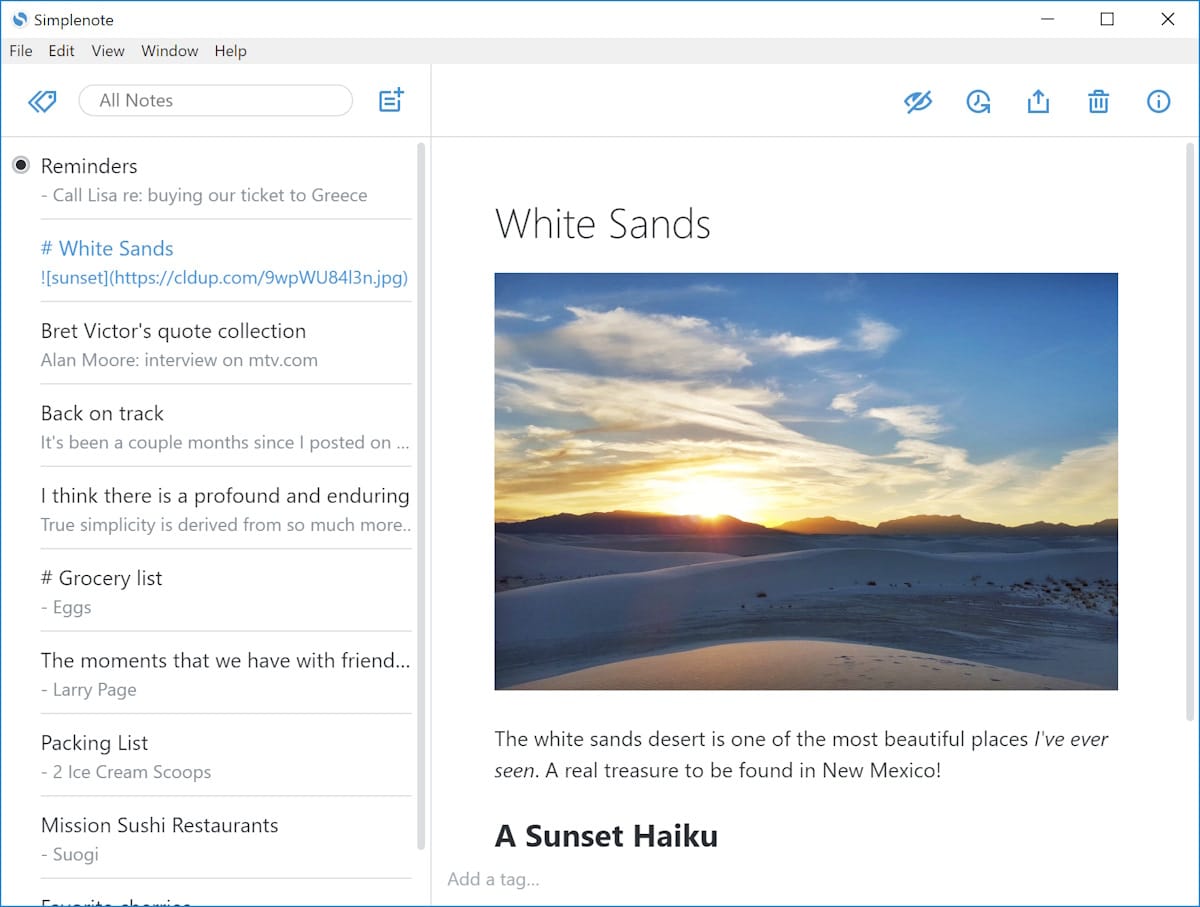
A: Apart from the Proton suite, I really like Simplenote, a note-taking application.
7. What would you suggest to our readers who want to start using privacy-focused tools but have been acquainted with the solutions by big tech?
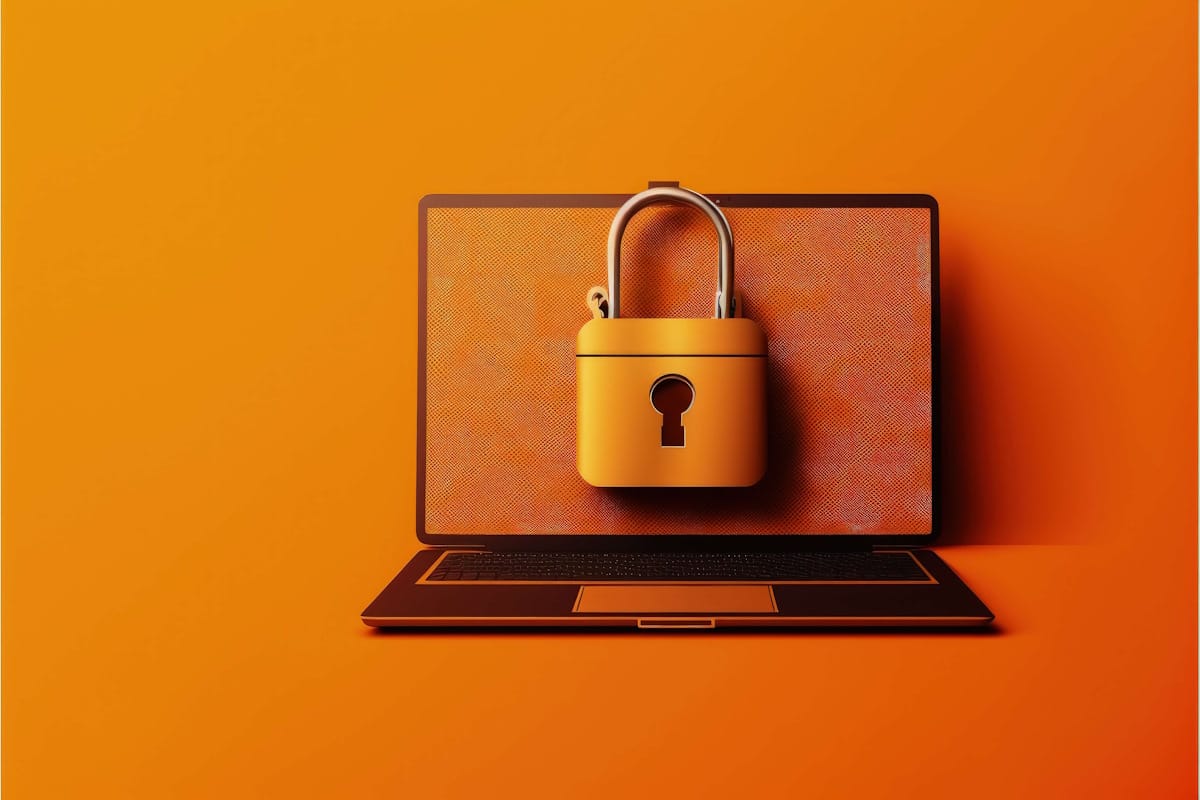
A: I'd suggest starting small. Everyone's privacy needs are different, so you don't have to follow all the advice at once. Begin with something simple, like switching to a new email service, then try a new browser, and so on. Avoid doing everything at once, as it can be overwhelming and may cause you to give up. Also, don't feel guilty if you continue using social media—being more mindful is already a significant step forward.
Suggested Read 📖
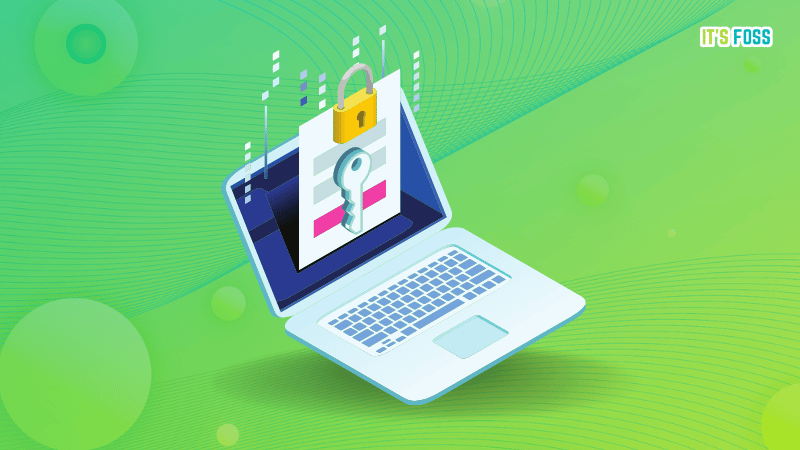
8. A message to our readers who want to develop privacy-focused solutions.

A: I believe it's crucial to focus on user experience. Privacy-focused tools have historically been difficult to use, and while this is improving, they remain too technical and inaccessible for many people. It's important for more people to adopt privacy tools; otherwise, these tools won't have the resources to thrive and may either cease to exist or remain in maintenance mode.
🗨️ What do you think about Son's exciting journey in helping make our digital lives a little more private? Who do you want us to interview next? Let us know in the comments below!
- Even the biggest players in the Linux world don't care about desktop Linux users. We do.
- We don't put informational content behind paywall. Your support keeps it open for everyone. Think of it like 'pay it forward'.
- Don't like ads? With the Plus membership, you get an ad-free reading experience.
- When millions of AI-generated content is being published daily, you read and learn from real human Linux users.
- It costs just $2 a month, less than the cost of your favorite burger.
Become a Plus Member today and join over 300 people in supporting our work.











